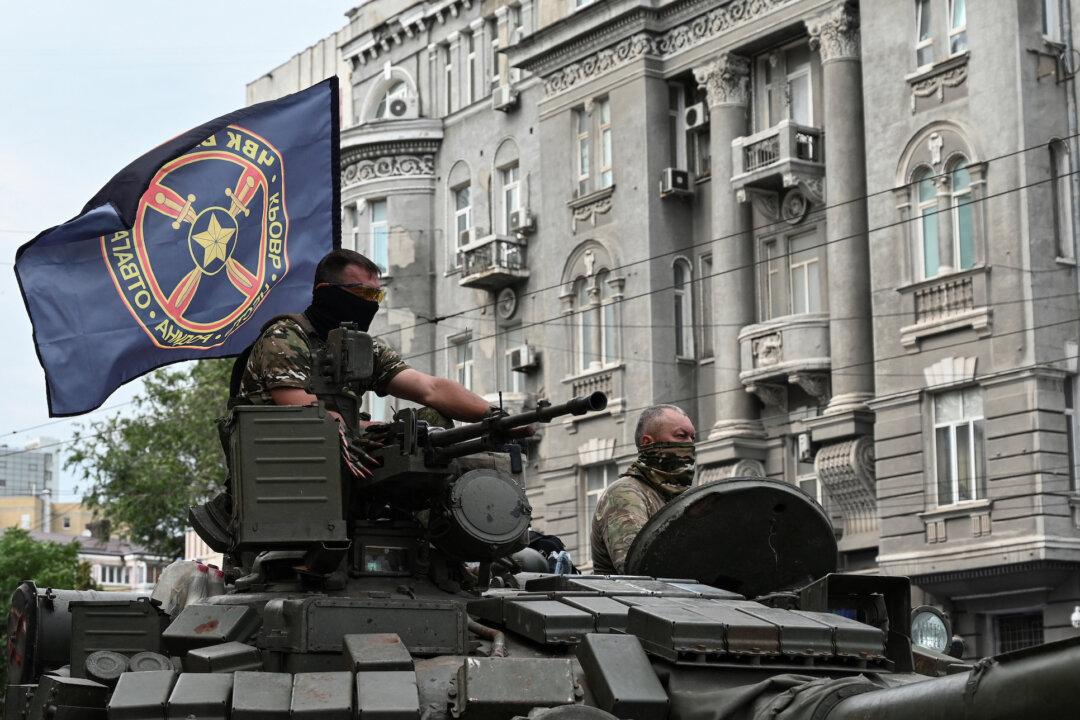Canada held discussions with its NATO allies about “possible implications” of the Russian Wagner mercenary group that advanced on Moscow over the weekend before abruptly halting its rebellious march shortly after, says Prime Minister Justin Trudeau.
“We had, obviously, very serious conversations about possible implications of the internal challenges Russia is facing,” Trudeau told reporters on June 26 in Vestmannaeyjar, Iceland, where he is meeting with leaders of other Nordic countries like Denmark, Finland, Sweden, and Norway.





